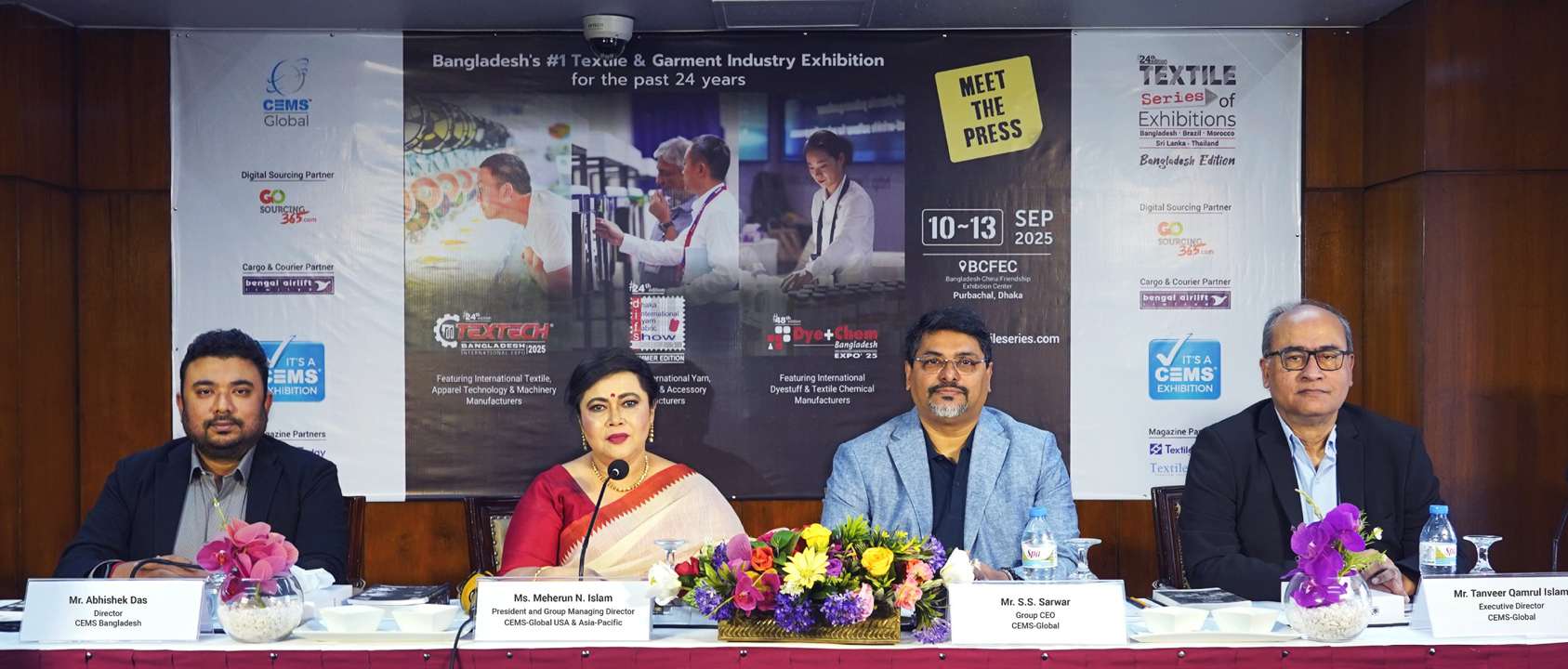Bangladesh Employers’ Federation (BEF), along with several major sectoral associations, has alleged that fresh labour law recommendations are being imposed despite earlier tripartite agreements, sidelining both employers and workers who are the principal stakeholders in the labour market.
BEF indicated that its main concern centred on a proposal to allow only 20 individuals to establish an enterprise-level trade union regardless of company size.
Employers warned that ‘unrealistic’ amendments might temporarily satisfy certain external quarters but would do so at the expense of the long-term sustainability of enterprises, the stability of the labour market, and the livelihoods of millions of workers.
The Tripartite Consultative Committee (TCC) on August 26 has approved key changes to the country’s labour laws, allowing a minimum of 20 workers to form a trade union and increasing the number of unions in a single factory from three to five.
The committee also decided that collective bargaining would require a majority of workers in a factory.
Additionally, maternity leave has been extended from 112 days to 120 days, with a penalty of Tk 50,000 for violations of maternity and related worker benefits.
In a statement issued on 4 September, the BEF said the provision overlooked the realities of large-scale industries, left enterprises vulnerable to manipulation by outside groups, and risked undermining workplace stability as well as investor confidence.
‘Such a blanket provision disregards industrial realities, exposes enterprises to manipulation by external interest groups who are in no way related to industrial entities, threatens workplace stability, and undermines investor’s confidence,’ it said.
The statement said that, rather than strengthening genuine trade unionism, the approach risked fostering fragmentation and disorder, which could ultimately harm both workers and employers.
It said that workers themselves had expressed apprehension about the measures, noting that they did not address their real needs for security, welfare, social justice, and sustainable livelihoods.
BEF said that Bangladesh’s challenges were not about passing laws on paper but about ensuring that institutions and the workforce had the capacity to make those laws meaningful.
It said that the real gaps lay in under-resourced institutions, weak labour inspection, and ineffective monitoring and dispute-resolution mechanisms.
The federation stressed that unless there was parallel investment in strengthening regulatory bodies, enhancing inspection systems, and building trust among social partners, further amendments would achieve little.
BEF emphasised that what the labour market urgently needed was capacity building—through training, upskilling, and reskilling of workers and management to meet new industrial realities—alongside equipping officials with the tools and knowledge to enforce compliance.
Without addressing these fundamentals, BEF cautioned, repeated legal tightening would not improve outcomes but would instead add uncertainty, discourage investment, and risk chaos in the labour market.
The employers also called upon the international labour organization and development partners to uphold the principle of tripartism and to ensure that any further observations were discussed transparently among government, workers, and employers.
They also said that the government bore the primary responsibility to steer the process in a pragmatic, balanced, and consultative manner—one that protected national interests, sustained Bangladesh’s competitiveness, and advanced labour rights in ways that were both credible and workable.
The joint statement was endorsed by leading industry associations, including the Bangladesh Garment Manufacturers and Exporters Association (BGMEA), Bangladesh Knitwear Manufacturers and Exporters Association (BKMEA), Bangladesh Textile Mills Association (BTMA), Bangladesh Tea Association (BTA), Leather Goods and Footwear Manufacturers and Exporters Association of Bangladesh (LFMEAB), Bangladesh Jute Spinners Association (BJSA), Bangladesh Jute Mills Association (BJMA), Bangladesh Association of Pharmaceutical Industries (BAPI), Bangladesh Association of Contact Centre and Outsourcing (BACCO), and Bangladesh Agro-Processors Association (BAPA).





















